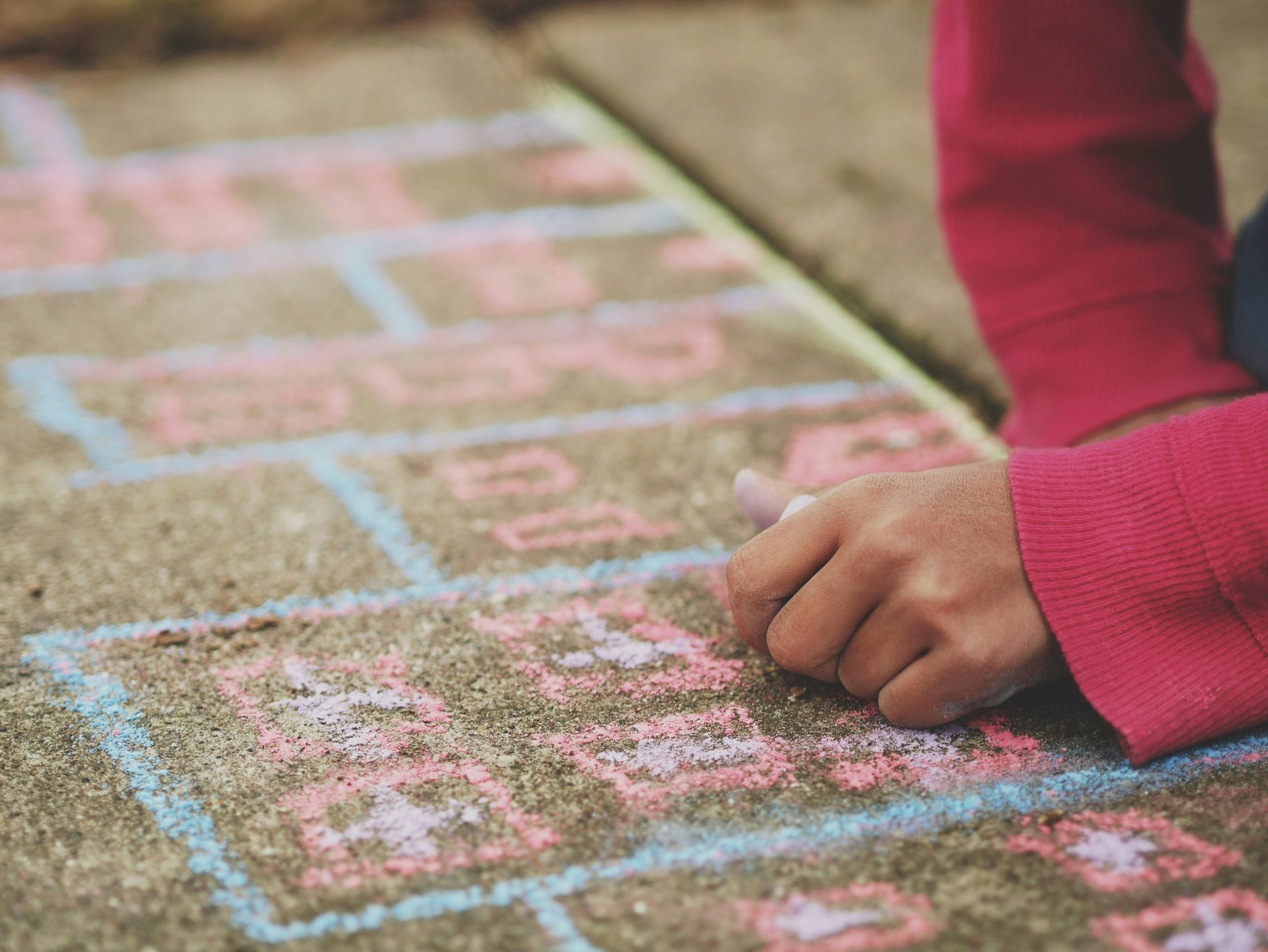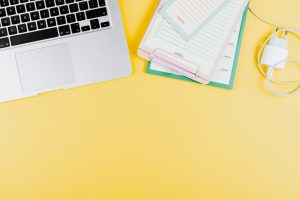Personalized Learning: Tailoring Lessons to Individual Strengths
Personalized learning is a growing trend in education that aims to cater to the individual strengths and needs of students. Rather than a one-size-fits-all approach, personalized learning allows for unique and tailored lesson plans that are designed to meet the specific requirements of each student. By acknowledging that every student learns in their own way, personalized learning allows for a more effective and engaging educational experience. In this article, we will explore the concept of personalized learning and how it can benefit students in the classroom.
The Importance of Individualized Attention
Traditional teaching methods often follow a standardized curriculum that covers a wide range of topics in a predetermined manner. While this may be suitable for some students, it can be challenging for others to keep up with the pace and style of teaching. This is where personalized learning comes in, as it aims to provide students with individualized attention that caters to their learning style, strengths, and weaknesses.
Assessing Individual Needs
In order to create a personalized learning plan, it is essential to first assess the individual needs of each student. This can be done through various methods, such as diagnostic tests, observation, and discussions with students and their parents. By understanding each student’s strengths, weaknesses, and learning styles, teachers can develop customized lesson plans that are tailored to their needs.
Fostering Self-Directed Learning
Personalized learning also encourages students to take charge of their own learning journey. By catering to their interests and strengths, students are more likely to feel engaged and motivated to learn. This approach fosters self-directed learning, where students take ownership of their education and actively seek out knowledge and information. This not only improves their academic performance but also prepares them for lifelong learning.
The Benefits of Personalized Learning
There are numerous benefits to incorporating personalized learning into the classroom. Some of which include:
Improved Academic Performance
By catering to the individual strengths and needs of students, personalized learning can improve their academic performance. When students are engaged and motivated to learn, they are more likely to retain information and apply it effectively.
Enhanced Critical Thinking Skills
Personalized learning also promotes the development of critical thinking skills. By allowing students to explore topics that interest them and approach them from different angles, they learn to think critically and outside the box. This is a valuable skill that they can apply in all aspects of their lives, not just in their education.
Better Teacher-Student Relationships
When teachers take a personalized approach to teaching, it can help build stronger relationships with their students. By understanding their strengths and weaknesses, teachers can provide students with the necessary support and guidance, leading to a more positive learning experience.
Implementing Personalized Learning in the Classroom
Incorporating personalized learning into the classroom may seem like a daunting task, but it doesn’t have to be. Here are some ways to start implementing personalized learning:
Flexible Learning Environments
Creating a flexible learning environment can allow students to choose how they learn best. For example, some students may prefer working in groups, while others may prefer working independently. By giving students the freedom to choose their learning environment, they are more likely to engage and learn effectively.
Varied Teaching Methods
Personalized learning also means using different teaching methods to cater to the different learning styles of students. This can include lectures, discussions, activities, and projects. By providing a variety of learning opportunities, students can better absorb and retain information.
Individualized Assignments
Giving students individualized assignments can also help personalize their learning experience. While the overall topic and objectives may be the same, allowing students to choose how they approach the assignment can help cater to their individual interests and strengths.
Conclusion
Personalized learning is a valuable approach to education that can have a significant impact on students’ academic performance and overall well-being. By acknowledging that each student is unique, and catering to their individual strengths and needs, personalized learning promotes a more engaging and effective learning experience. By implementing this approach in the classroom, we can help students reach their full potential and become lifelong learners.










